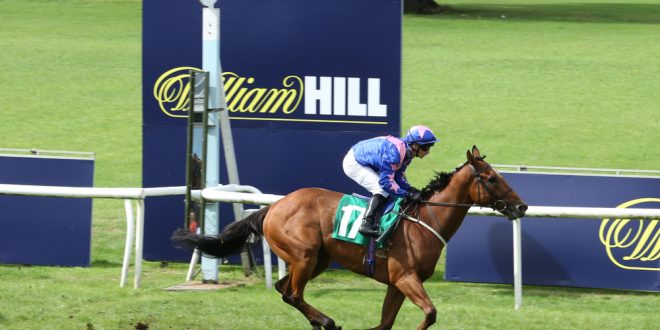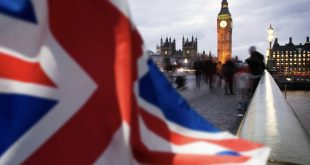The Betting and Gaming Council (BGC) has underscored the financial contribution the UK’s gambling industry makes to national horse racing amid a debate surrounding the racing levy.
UK bookmakers make a regular financial contribution to horse racing each year, with payments issued to the Horseracing Betting Levy Board (HBLB). When coupled with media rights and sponsorship deals, the UK betting sector directed £384m to horse racing in 2022, the BGC has stated.
This included £125m spent on marketing to promote racing and betting through ads and partnerships, an increase in media rights payments by £45m to £340m and projected levy payments of £99m for 2022/23, an increase of £50m in the six years since 2016/2017.
Michael Dugher, BGC Chief Executive, said: “BGC members in the regulated betting industry are now paying more towards British horseracing than ever before, despite a 10.3% reduction in betting turnover on racing in the last five years.
“These huge sums also come at a time when the regulated betting sector is under enormous pressure, not least in the form of recent measures unveiled in the Government’s White Paper.
“As well as being a world-leading great British sport, enjoyed by millions, just like the betting industry, horse racing is a vital pillar of the economy, important to countless communities across the country and supporting tens of thousands of jobs.”
Betting’s support for horse racing has been a topic of debate both within the industry and in the sport over the past few years, although since 2020 it has been overshadowed by the Gambling Act review to some extent.
Horse racing’s financial future in particular has been an area of discussion in the aftermath of COVID-19, when betting levy payments and race day turnover slowed due to shop and racetrack closures.
For the 2020/21 financial year, the HBLB revealed that betting levy receipts as of March 2021 had fallen to £82m from £98m in 2019/20, although it was noted that this was largely due to COVID-19 lockdown conditions.
Nonetheless, the BGC is adamant that the industry has been highly supportive of horse racingin the years since, although Dugher added that the figures ‘show that betting continues to bankroll the sport but it is not a bottomless bid’.
He continued: “I know racing, just like any other sport and indeed our own land-based betting and gaming industry, is trying to bounce back post-covid in the face of seriously challenging economic headwinds – a task made even harder for racing and betting because of the decisions the Government deliberately chose to make in its recent White Paper.
“That is why BGC is fully committed to working together with the leadership of the sport, including the BHA and others, to ensure racing not only survives but thrives. Anyone who cares passionately about the sport, as I do, understands that racing must change. Future investment must come with reform.
“It is also important to note this funding to racing only comes from licensed bookmakers. The unsafe, unregulated gambling black market is a growing threat, and it makes no contribution whatsoever to horseracing.”
The DCMS is currently undertaking a review into reform of the betting levy. This is occurring alongside – but separate to – the ongoing consultations into the Gambling Act review White Paper’s recommendations, which opened last week.
Also conducting consultations is the UK Gambling Commission (UKGC). The regulator and the DCMS are currently consulting on finance risk checks and slot stake limits, but the second round of discussions will revolve around the proposed mandatory research, education and treatment (RET) levy.










